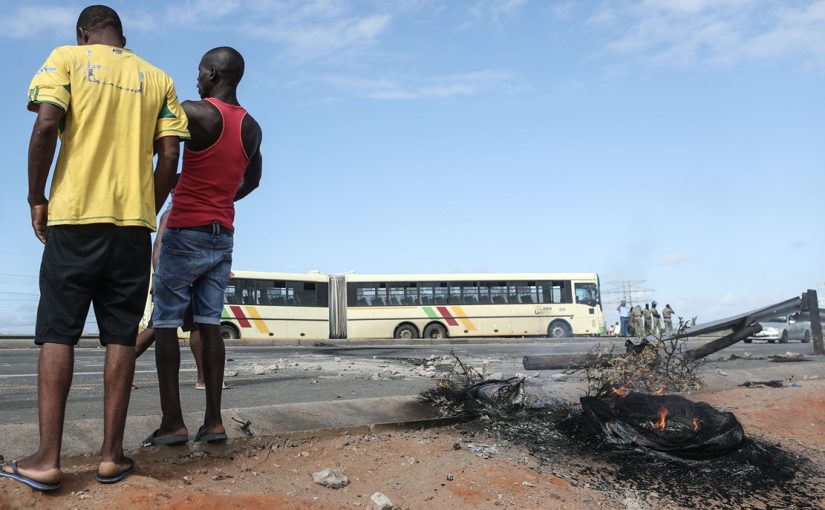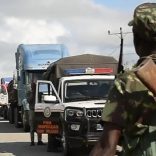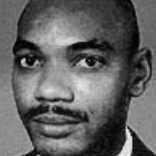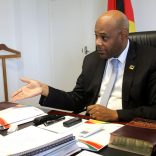Mozambique: Citizen kidnapped in Chókwè
Mozambique: Protesters partially block the N4 outside Maputo

Photo: Luisa Nantumbo/ Lusa
Access to the Maputo N4 toll road, the main entrance and exit to the Mozambican capital, was partially blocked this morning by demonstrators and barricades protesting the resumption of toll collection after weeks of suspension during post-election protests.
Against a strong police presence in the area, including an armoured vehicle from the Rapid Intervention Unit (UIR), the protesters are challenging the resumption of toll fee collections on the N4, the main Mozambican road that connects Maputo to the South African border. The toll road is operated by the South African concessionaire Trans African Concessions (TRAC), which announced that it would resume payment today.
At the site, an articulated bus blocked all traffic in the Maputo-Matola direction at 08:00 a.m. local time, while other protesters burned tires, threw stones on the road, played whistles and vuvuzelas. Several motorists refused to pay the toll, while the difficulty of movement, including transport, led to hundreds walking to the centre of the capital.
TRAC, the concessionaire of the N4 highway, had announced on Wednesday that it would restart toll collection today, after it had been suspended in recent weeks during post-election protests.
The information was contained in an announcement under the title “Maputo toll restarts collections on Thursday”, published by TRAC, the concessionaire of the expressway that connects Tshwane, Gauteng (South Africa) and the port of Maputo (Mozambique), via the Ressano Garcia border.
The border has also been closed at various times in recent months due to post-election protests.
TRAC recalls that it operates the N4, considered the best road in Mozambique, “under a concession agreement signed with the road agencies of South Africa and Mozambique”, and that this road is “a vital part of the Maputo Corridor Development Plan, boosting regional economic growth and connectivity”, which ensures the export of South African minerals via the Mozambican coast.
“Toll fees finance the construction, modernisation and maintenance of roads, ensuring international standards”, reads the TRAC announcement.
In December, during the post-election protests in Mozambique, former presidential candidate Venâncio Mondlane called for the non-payment of road tolls across the country, and after the destruction and vandalisation of some toll booths, several were closed and roads, including the N4, had been free to use.
Meanwhile, in a document published on Tuesday with 30 measures that he demands be implemented over the next 100 days, Venâncio Mondlane, who does not recognize the official results of the general elections of October 9, once again highlighted the non-charging of tolls throughout the country as a demand.
“On the N4, the toll fees, given their lifespan, have fulfilled the time of profitability in relation to the investment made,” states the document signed by Venâncio Mondlane, demanding the continued suspension of tolls during this period. Mondlane also stressed that, on several toll roads in the country, “there was no public consultation” about the toll fee collections and that “the principle of an alternative route [to the toll route] was not respected”.
“Many of the roads are in a disastrous state, which offends the idea of [road users] benefiting from services,” he stated.
The post-election protests in Mozambique, called by Venâncio Mondlane, have since October 21 caused 314 deaths and more than 600 shootings, according to organizations on the ground, such as the electoral platform Decide, in addition to violent clashes with the police, looting and destruction of public and private facilities.
Daniel Chapo, presidential candidate supported by the Mozambique Liberation Front (Frelimo, in power), was declared the winner of the October 9 elections and took office as the fifth President of the Republic on January 15.












Leave a Reply
Be the First to Comment!
You must be logged in to post a comment.
You must be logged in to post a comment.